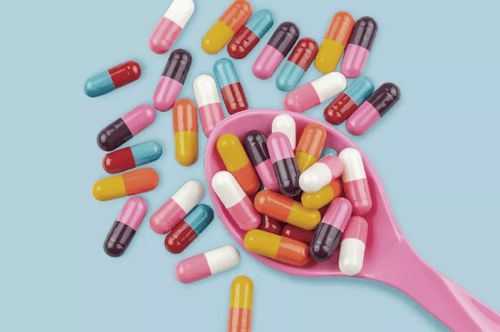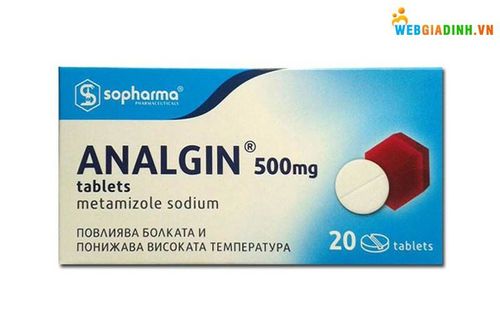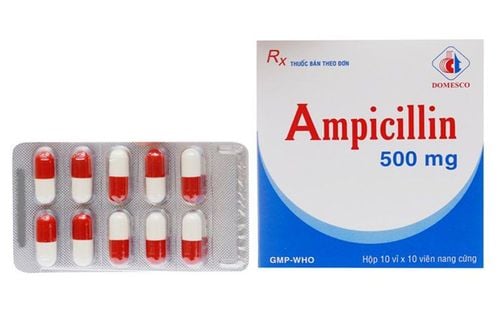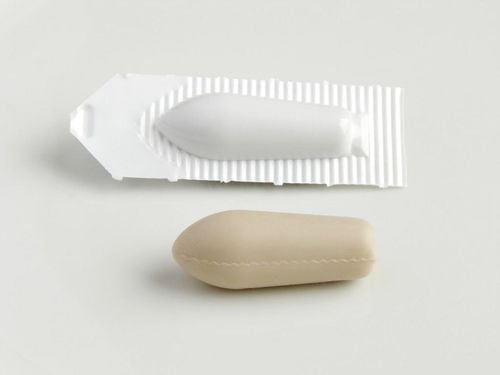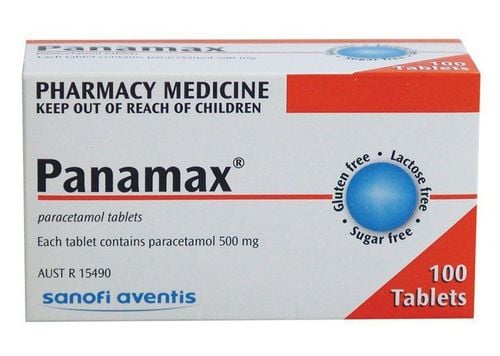Vomiting after taking medication is a common issue in children. This not only reduces the amount of medicine absorbed into the body, potentially lowering its effectiveness, but also creates a fear of taking medication in the future. So, what should parents and caregivers do when a child vomits after taking medicine?
1. Why Do Children Vomit After Taking Medication?
Vomiting after taking medication is a common occurrence not just in children but also in adults. Some reasons why children may vomit after taking medicine include:
- Bitter taste of the medication: This can make the child unwilling to cooperate when taking medicine.
- Forced administration: If the child is crying or being forced to take the medication, they may choke and vomit.
- Underdeveloped swallowing function: Children's swallowing mechanisms are often not fully developed, making them more prone to vomiting.
These factors are the main reasons why children may vomit after taking medicine, reducing its effectiveness due to insufficient dosage.
2. Should You Re-administer Medication If the Child Vomits?
Whether or not to give another dose depends on several factors, such as the timing of the vomiting, the type and dosage of the medication, the child's health, and their age. Since it can be challenging to determine these factors, parents are advised to consult a doctor for specific instructions.
Here are general guidelines based on the time elapsed between medication intake and vomiting:
- Within 15 minutes: If the medication (e.g., a pill) is visible in the vomit, a replacement dose should be given.
- 15-60 minutes: Another dose may be considered, weighing the potential benefits against the risks of overdose.
- After 1 hour: It’s usually unnecessary to re-administer the medication.
3. How to Administer Medication to Prevent Vomiting?
Since children have weaker immune systems, medication is often necessary. To ensure effective and safe administration, parents should consider the following:
Divide the Dose
Medications with a bitter taste may cause resistance, leading to crying or vomiting. Splitting the dose into smaller portions can help the child take the medication more easily and reduce the chance of vomiting. However, ensure that the interval between divided doses does not exceed 20 minutes to maintain efficacy.
Use Creative Distractions
Rather than restraining the child or forcing them to take the medication, which may cause fear, parents can use creative tactics like games or toys to distract the child. For older children, explaining the importance of medication and the consequences of not taking it (e.g., needing injections) can encourage cooperation.
For infants, parents can use toys or rattles to capture their attention and administer the medication. If the child cries, comforting and calming them before retrying can make the process smoother.
Position the Medication Correctly
Children’s taste buds are concentrated on the front and center of the tongue. Placing the medication in these areas may cause immediate rejection. Instead, position the spoon or dropper two-thirds back on the tongue to help the child swallow the medicine more easily.
These insights explain why children vomit after taking medicine and provide strategies for parents to improve the process. By following these tips, medication administration can become less stressful and more effective.
To arrange an appointment, please call HOTLINE or make your reservation directly HERE. You may also download the MyVinmec app to schedule appointments faster and manage your reservations more conveniently.





